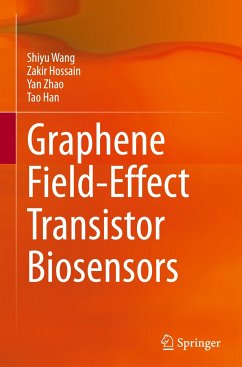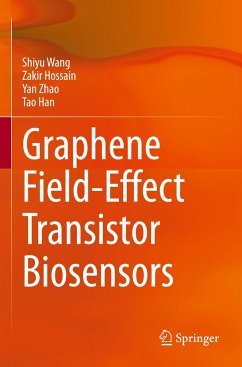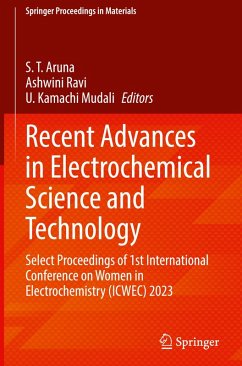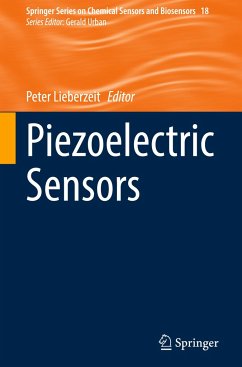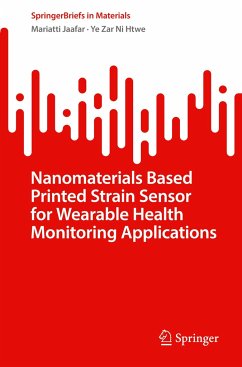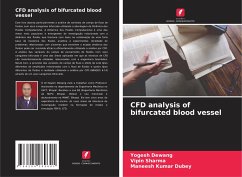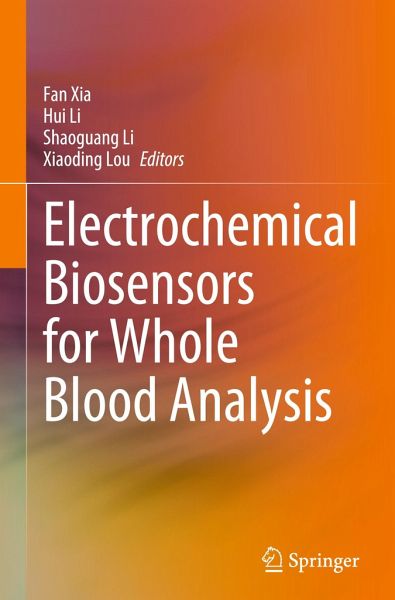
Electrochemical Biosensors for Whole Blood Analysis
Versandkostenfrei!
Versandfertig in 6-10 Tagen
113,99 €
inkl. MwSt.

PAYBACK Punkte
57 °P sammeln!
This book illustrates recent advances in developing sensitive and selective electrochemical biosensors for their whole blood application. Known to be a cutting-edge and fast-growing technology, electrochemical biosensors demonstrate their potential in laboratories, industries, and healthcare to achieve specific and direct target detection in complex media, and have become an emerging technology for guiding personalized medicine. The book first demonstrates methods and models to cover the detection of a variety of target molecules in whole blood, including ions, small molecules, nucleic acids, ...
This book illustrates recent advances in developing sensitive and selective electrochemical biosensors for their whole blood application. Known to be a cutting-edge and fast-growing technology, electrochemical biosensors demonstrate their potential in laboratories, industries, and healthcare to achieve specific and direct target detection in complex media, and have become an emerging technology for guiding personalized medicine. The book first demonstrates methods and models to cover the detection of a variety of target molecules in whole blood, including ions, small molecules, nucleic acids, proteins, cells, etc. Then, it provides comments on various detection strategies employed to improve sensors' sensitivity, specificity, selectivity, and reproducibility as well as presenting the laws and principles. In addition, it summarizes achievements and challenges from recent years. Finally, it provides future perspectives and opportunities in electrochemical biosensors including pointof care detection, molecular diagnostics and the integration of this sensor platform with multidisciplinary technologies, towards the ultimate goal of personalized medicine. The book integrates abundant viewpoints from multiple sciences and is helpful and valuable to a wide readership in the various fields of biochemistry, biophysics, bioengineering, and pharmaceutics.




